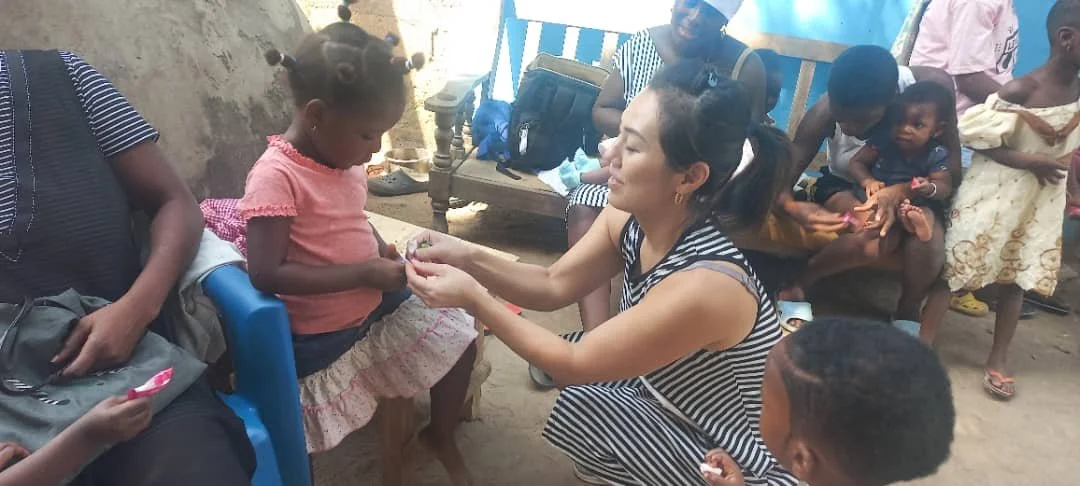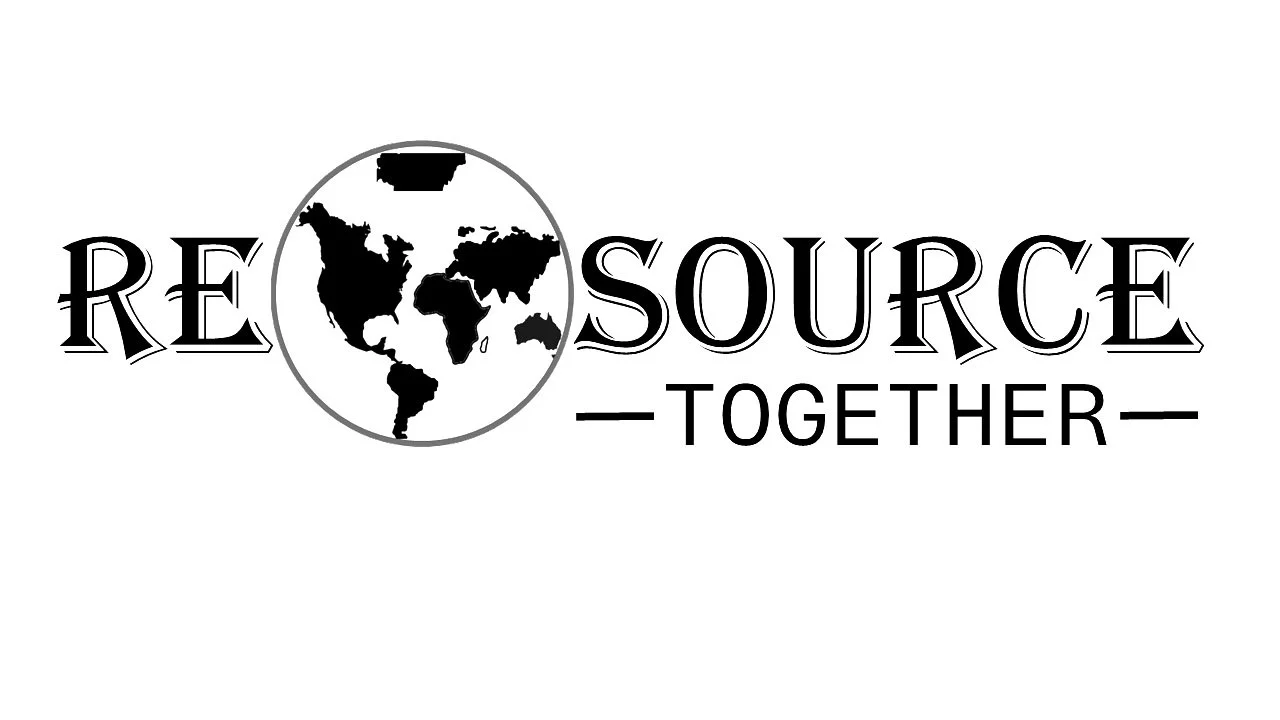
We are supporting remote villages in Volta region in Ghana.
Maternal and Child Health:
There are efforts to reduce maternal and child mortality in the region, though maternal health still remains a significant concern due to factors like poor access to healthcare.
Access to Healthcare:
The geography of the Volta Region, particularly the mountainous terrain, can make access to healthcare facilities difficult in rural and remote areas. This is exacerbated by poor road infrastructure in some parts of the region. Due to the geographic challenges in the Volta Region, healthcare in the area often faces supply shortages and logistical difficulties.
A typical village in Volta Region
The work of public health nurses in rural villages in the Volta Region, and across Ghana in general, is incredibly valuable and often serves as a lifeline for many villagers. In the Volta Region, where some communities are remote and healthcare facilities can be far from reach, these nurses play a critical role in delivering essential healthcare services directly to the people.
A public health nurse in Volta Region.
Monthly well baby checkup in village
Women’s health— in many rural areas, including the Volta Region of Ghana, it’s common for one midwife to be responsible for all aspects of a woman’s health, especially in remote communities with limited healthcare infrastructure.
All of these services—from prenatal care, monitoring fetal development to labor & delivery, and postpartum care—often take place in a single room within the local health facility or even at a home birth setting. This room can be a basic, multipurpose space, sometimes referred to as the maternity or delivery room, which is adapted for a variety of functions, even though resources and equipment are limited.
Midwife office/Labor & Delivery room in village
Our Plan to Support Healthcare in the Volta Region, Ghana
Resource Together is committed to improving healthcare access in the Volta Region of Ghana. Here’s how we plan to make a meaningful impact:
Collect Medical Supplies: We will gather excess, used or unused, reusable medical supplies from local hospitals and individuals from the public. In addition, we will organize fundraising efforts to cover the shipping costs for these essential items to Ghana.
Sort and Prioritize: Once we’ve collected the medical supplies, we’ll carefully sort them based on the specific needs and priorities of healthcare facilities in the Volta Region to ensure that the most urgent items are delivered first.
Ship the Supplies: The medical supplies will be packed into pallets or, when possible, a shipping container. We’ll send them over once we’ve collected sufficient funds to cover the shipping costs.
Arrival in Ghana: The shipment will arrive at the port in Ghana, where it will be cleared through customs and prepared for distribution.
Distribute to Regional Health Offices: In partnership with the local district health office, we’ll coordinate the distribution of supplies to the Volta Region’s healthcare centers.
Deliver to Clinics and Nurses: The medical supplies will be distributed directly to individual health clinics and community health nurses in need, ensuring that these vital resources reach the people who need them the most.
Feedback from the Field: Once the supplies have been distributed, we’ll receive photos and video feedback from the clinics and healthcare workers to show the impact of the donations.
Share the Results: We’ll share this feedback with our supporters through our Recourse Together website and newsletter, keeping everyone updated on how their generous contributions have helped improve healthcare in the Volta Region.






